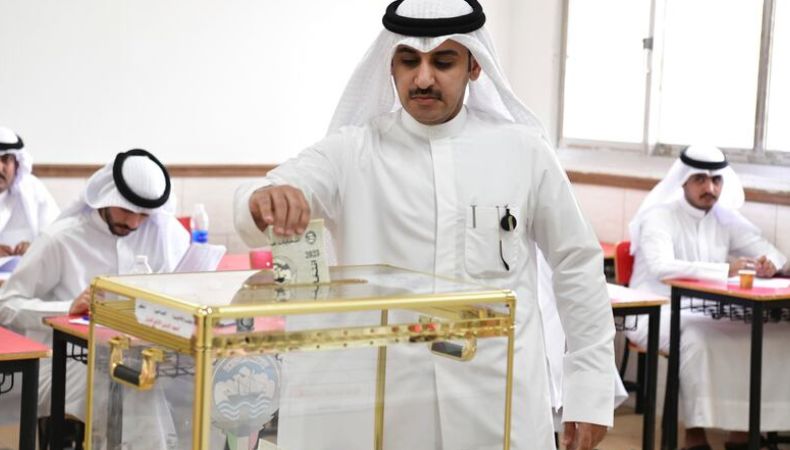Kuwait’s snap elections balance continuity with limited new voices

The recent snap elections in Kuwait, the fourth in the past 40 months, have once more brought to the cutting edge the perplexing move of power and legislative issues in the nation. In the midst of the whirlwind of campaigning, voting, and appointive results, one overarching subject holds on: progression in the midst of change. In spite of the rearrange of polls and the development of modern candidates, the re-election of a larger part of individuals from the dissolved parliament signals a continuation of the status quo.
The celebratory cables sent by HH the Amir and HH the Prime Minister to the victors of the National Assembly elections epitomize the customs of the discretionary prepare. Whereas expressions of belief and wishes for victory are standard, they do little to address the fundamental issues confronting Kuwaiti society. It is within this setting of schedule signals that the more profound suggestions of the constituent results must be analyzed.
Limited New Voices
A quick look at the composition of the recently chosen parliament uncovers a blend of old and new faces. In any case, beneath the surface lies a more nuanced reality. In spite of the nearness of a modest bunch of new participants, questions wait with respect to the profundity of political re-establishment and representation. The re-election of experienced politicians and the dominance of built up groups emphasize the challenges confronted by newcomers in exploring the complexities of Kuwaiti politics.
The restricted convergence of unused voices into the parliament raises concerns about the breadth of viewpoints and differences of interface spoken to inside the administrative body. Whereas the development of blunt figures like Bader Al-Dahoum may offer a flicker of trust for contradicting voices, their impact can be obliged inside the broader political system. To sum up everything, while the electoral process may have shown the dream of change, the settled interface of built up elites proceed to shape the direction of Kuwaiti legislative issues.
Societal Elements and Political Representation
The aspect of understanding Kuwaiti politics is an appreciation of the perplexing exchange between societal elements and political representation. The conspicuousness of tribal MPs within the recently chosen parliament embodies this complex relationship. While tribal representation is a fundamental perspective of Kuwaiti society, it moreover raises questions around impartial representation and inclusivity inside the political circle.
The dominance of tribal affiliations in forming political fidelities and affecting approach choices highlights the persevering impact of conventional control structures in Kuwaiti politics. While tribal representation may serve to maintain certain social values and conventions, it moreover postures challenges in terms of cultivating a more comprehensive and representative political scene.
Keep Reading
Challenges Ahead
Looking ahead, the new National Assembly faces a pandora box of challenges. Biggest among these is the errand of tending to squeezing issues such as wage increments and constituent change. The direness of these things is underscored by their potential to spark dispute between the parliament and the government.
As the recently chosen individuals settle into their parts, the genuine test of their administration will lie in their capacity to explore these challenges and progress the interface of the Kuwaiti individuals. The coming term will serve as a litmus test for the flexibility of Kuwaiti popular government and the capacity of its pioneers to order significant change in the confrontation of dug-in interface and societal complexities.







